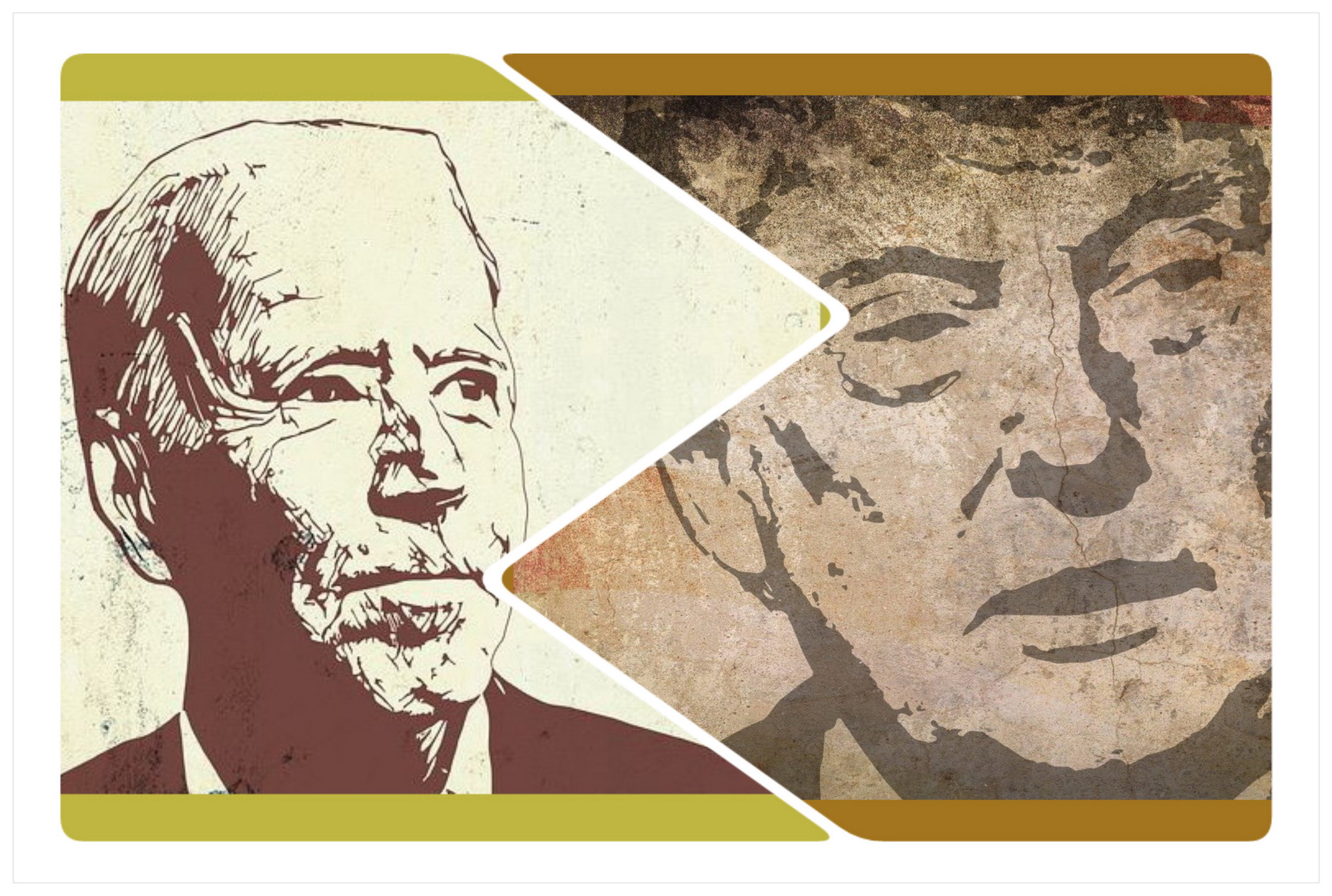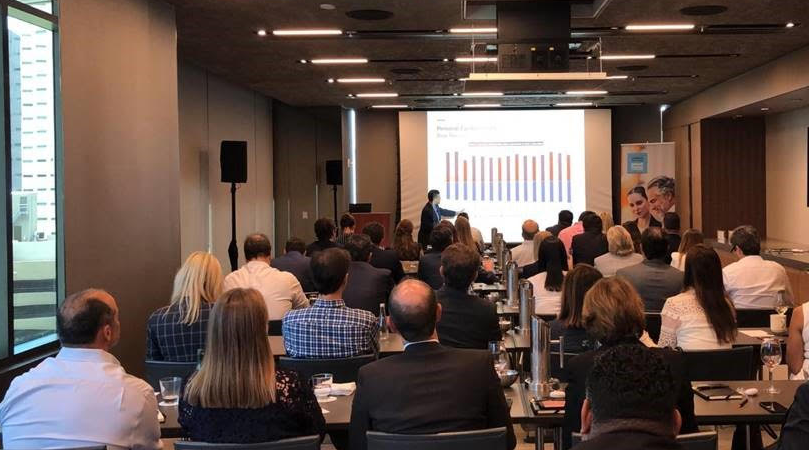Is Donald Trump Inflationary? A group of 16 Nobel laureates signed a letter stating that Trump’s return would bring higher prices. “Many Americans are concerned about inflation, and there is, rightly, the question of whether Trump will reignite it due to his fiscally irresponsible budgets,” they said in the letter.
Among the signatories are George A. Akerlof, Sir Angus Deaton, Claudia Goldin, Sir Oliver Hart, Eric S. Maskin, Daniel L. McFadden, Paul R. Milgrom, Roger B. Myerson, and Edmund S. Phelps.
Some Data from Trump’s First Term
Donald Trump became the 45th president of the United States in January 2017, the year in which the U.S. gross domestic product (GDP) grew by 2.3%.
For the second year of his term, the GDP grew by 3% and advanced by 2.2% in 2019, according to data from the Bureau of Economic Analysis, leading to an average of 2.5% during his administration after the 3.5% decline in 2020 due to the coronavirus pandemic, the largest drop since 1946.
During 2017, his first full year in office, the Consumer Price Index (CPI) was at 2.5% annually and reached a peak of 2.9% in June and July 2018, according to the Bureau of Labor Statistics.
In 2019, the index fell below the Fed’s target range, reaching 1.5% in February, before rebounding as previously noted.
The pandemic caused a downward trend in inflation in 2020, reaching 0.1% in May and 0.3% in April. It finally closed with an annual variation of 1.4%, the lowest rate in five years.
Tariff Surge and Tax Cuts
Returning to the letter, the signatories specifically reference a study by the Peterson Institute, which explains that the tariff surge and tax cuts proposed by Trump would be some of the keys to higher inflation in a potential Republican presidency.
“Eliminating the federal income tax and replacing it with revenue from high tariffs would cost jobs, increase the federal deficit, and lead to a recession with an inflationary spike,” they stated.
One key point is that tariff increases would directly strengthen the dollar, which would be counterproductive, as the appreciation of the dollar after a generalized increase in U.S. tariffs is necessary to maintain balance in global goods markets; this phenomenon would cause an excess supply of foreign goods and more inflation.
For the experts who signed the letter warning about the risks of more inflation with Donald Trump, the global dominance of the dollar would lead to a counterintuitive situation, where a revaluation of the currency would not help combat inflation from imports.
The effect is clear because, unlike most countries that benefit from lower import prices when experiencing a currency appreciation, the United States does not enjoy that advantage because almost all its imports are billed in its own currency.
Due to this, the U.S. price index would not benefit from a sharp and immediate drop in import-related prices resulting from the strength of the dollar, so the inflationary impact of a significant increase in tariffs would be severe, especially since the United States is currently at full employment.
Other Approaches and Analyses
However, other analysts are more optimistic and expect that if Trump returns to the White House, he will not fulfill his promise of a 10% universal tariff on all countries. Nevertheless, they also warn that an average tariff increase from the current 2.5% to 4.3% would have clear implications for prices.
Additionally, a tax cut process with a massive budget deficit could reignite inflation, and according to experts from the German bank Allianz, this combination of lower taxes and higher tariffs would force the Federal Reserve to pause its easing cycle in 2025, with U.S. 10-year bond yields remaining above 4%.
Regarding immigration, the policy outlined so far by Trump, which he would apply in his administration, could also further pressure inflation: the tight U.S. labor market is one of the major factors explaining the resilience of the CPI.
According to the Federal Congressional Office, the United States recorded net immigration of 3.3 million people in 2023, with similar projections for 2024. The increase in the workforce through immigration has allowed employment to grow without increasing inflationary pressures, and lower migration figures could have the opposite effect.
“Higher tariffs and the possible deportation of immigrants would be negative for U.S. economic growth,” analysts from Morgan Stanley told the Spanish newspaper El Economista.
“This blow to the economy would likely encourage the Federal Reserve to cut interest rates, reducing short-term yields, explaining a longer path to price stability,” they said.
“If Trump increases tariffs as proposed, the economy would likely suffer a recession shortly after,” said Mark Zandi, chief economist at Moody’s, according to reports in the Spanish newspaper.
The credit agency even warns of a scenario with interest rate hikes by the Fed to curb a potential inflationary escalation. It is clear that there are fears of an inflationary Trump for the United States and the world.




